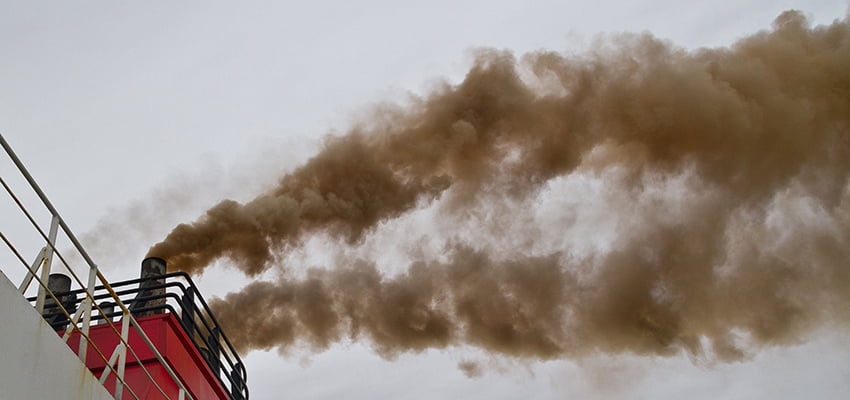THE International Chamber of Shipping welcomed a recent decision in principle by the International Maritime Organization that safety or operational concerns about the quality of low-sulphur fuels may – under exceptional circumstances – be a valid reason for shipowners to be issued with a fuel oil non-availability report (FONAR) after 1 January 2020.
The FONAR system will be used to provide evidence if a ship is unable to obtain compliant fuel oil after the IMO’s sulphur content cap comes into effect next year.
The ICS is warning shipowners that this decision should not in any way be regarded as a free pass either to use or carry non-complaint fuel.
ICS deputy secretary-general Simon Bennett said FONARs remain a tool of last resort and are not something that a ship will be able to use routinely.
“The circumstances in which a FONAR can be used are very limited and conditions attached to their use will be strict,” he said.
“Shipowners still need to remain focused on doing everything possible to ensure full compliance in 2020.”
ICS said it is possible that in some ports worldwide shipowners may initially encounter quality or compatibility problems with the new 0.5% blended fuels which they may have intended to use.
But ICS emphasised the higher cost of alternative compliant fuels – including 0.1% distillates if these are the only other fuels available – will not be considered as a valid basis for claiming non-availability of safe and compliant fuel.
ICS also warns that only the minimum possible quantity of non-compliant fuel should be bunkered if a FONAR is issued, as it is likely that any remaining non-compliant fuel will be required to be debunkered at the next port of call, and cannot be used on subsequent voyages.
ICS advised that a FONAR should not be considered as an exemption from the relevant sulphur limits.
According to MARPOL, it is up to port state control authorities that receive the FONAR at the next port of call to take into account all relevant circumstances and the evidence presented to determine whether or not to detain the ship.
Port state control will also take into consideration the number of FONARs a ship has submitted in the past 12 months, as well as the number the operator has submitted for other ships in its fleet and whether other ships on similar voyages have submitted FONAR reports. “Above all else, the onus will be on the ship operator to provide documentary evidence that every reasonable step has been taken to ensure compliant bunkers will be available in the planned bunkering port” Mr Bennett said.

